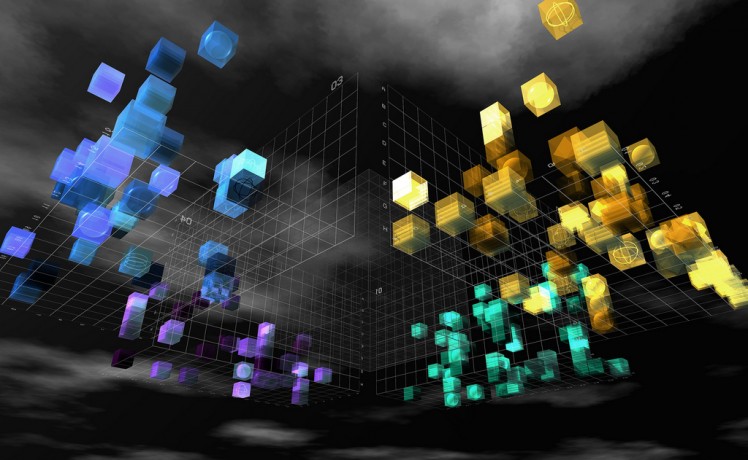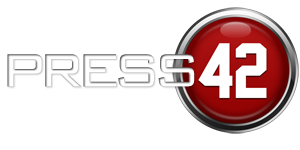Stories and data
-
Alex aka Chief WOWness
CEO and Founder of Press42.com, a site that wants to bring startups to the right bloggers, founder at Inkzee.com, co-founder and curator of Tetuan Valley, an international startup incubator based in Madrid, startup mentor at HackFWD, Springboard, Seedcamp, Wise Guys or Huge Things, partner at Okuri Ventures, Sandbox network Madrid Ambassador, Global Shaper by WEF and Startup Digest Madrid curator.closeAuthor: Alex aka Chief WOWness Name: Alex Barrera
Email: [email protected]
Site: https://plus.google.com/110163117884995501916/posts/p/pub
About: CEO and Founder of Press42.com, a site that wants to bring startups to the right bloggers, founder at Inkzee.com, co-founder and curator of Tetuan Valley, an international startup incubator based in Madrid, startup mentor at HackFWD, Springboard, Seedcamp, Wise Guys or Huge Things, partner at Okuri Ventures, Sandbox network Madrid Ambassador, Global Shaper by WEF and Startup Digest Madrid curator.See Authors Posts (98)+

One of the places where stories create major impact is in engineering or scientific driven companies, I call this data stories. This isn’t because they’re smarter or anything along those lines, but quite the opposite. Data driven people tend to have huge issues with communicating the right data at the right moment. As an engineer, the problem is very familiar with me. Scientific minds operate in mostly rational fashion, that means, data is paramount to convince fellow peers into confirming a new hypothesis or even accepting one into their inner circle. Both engineers and scientists are well known for running their own circles of favorites, which are “mostly” elected based on merits. The fear of non acceptance, of disrespect, of not belonging is well fueled by the industries they serve, so data, proofs and evidence become the lingua franca between them.
The amazing fact is that, when asked about a specific presentation in a congress, they all agree that while the content was outstanding, the delivery was boring to death. This is why, a simple story that illustrates the case, even if it’s an OK story, will send ripples through the audience. Everyone will talk about it, will congratulate the speaker, but few will actually ask how did he or she do it. The few ones that ask, always come up with one major hesitation:
I wanted to address this, as it’s such a common conception, it seems to me it’s become one of the reasons why many data driven people wont even contemplate the usage of stories within their communications.If we use stories, we can’t explain the data, can’t we?
So lets recap, a story is just a vehicle to deliver knowledge. This kind of knowledge is, normally, codified in terms of sequential causal events. The learning or understanding stories bring is derived from the comprehension that every time something like event X happens, the consequence, the effect will be Y. Such events illustrate real life scenarios, scenes an audience can relate to through their own personal experience. The closer those causal events to the audience, the easier it will be for them to be illuminated with the conclusion.
A story is just a vehicle to deliver knowledge.
Scientists in general, employ data to pretty much the same use, to extract conclusions. Nevertheless, their way to process the data is quite different. The scientific method grinds data through rationality, through maths, physics, chemistry, etc. These devices allow our brains to establish causation links that weren’t obvious or were altogether unknown. Stories, on the other hand, make use of the experience extracted from the data to recreate the Aha moment. Such stories will most definitely contain facts, they will contain data, but they won’t leave it there for the audience to puzzle out, but will only use it to support a specific part of the tale.
Scientists in general, employ data to pretty much the same use, to extract conclusions.
In many scientific environments the story’s main goal is to enable remembrance and easy communication of the discovery, fact, result, etc. This means, the most important goal is to deliver on the WHY this is important. This is the major question any non-trained non-specialized audience will ask themselves. Data is only used as a starting point to tell the story around, not the other way around. We want to communicate something and allow easy retrieval. Of course, such stories don’t substitute scientific papers or data calculation, but act as a welcome convoy, a hook into the audience’s interest.
Data is only used as a starting point to tell the story around.
I always tell engineers, despite what many might think, in 90% of the cases, the audience will benefit from listening to something they relate to and understand. It’s better to err on the said of caution than bore the hell out of the audience. Engineer or scientist, chemist or physicist, doctor or biologist, we are all humans and we all enjoy entertainment. Good stories do both, entertain but also carry valuable teachings, the data interpretation. You want to stand out and be remembered? Use the numbers to tell the story of what conclusion they stand for.
Comments are closed.
Videos
Recent Posts
-
The Data Story Show trailer is here— November 11, 2015
-
If you don’t feel comfortable with it, drop it
— October 28, 2015
-
Do you want to change your company’s corporate culture? Learn how now!
— October 13, 2015
-
The malleable nature of stories
— October 13, 2015
















